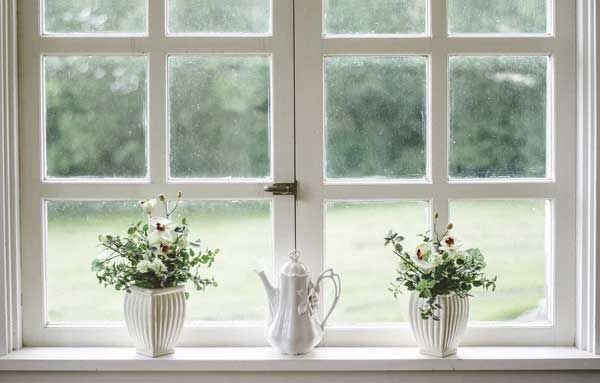What is Float Glass?
Float glass is one of the most commonly used glass
The most common form of glass today, Float Glass is a versatile and refined solution for a significant amount of consumer glass products you can find in the home and office. Sometimes referred to as Flat Glass, the consistent properties of Float Glass make it ideal for the basis of coloured tinting and lamination making it perfect for windows, mirrors and vehicles.

How is float glass made?
The Float Glass Process was invented in 1952 by Sir Alastair Pilkington, a British engineer and businessman who perfected the process for commercial manufacture. The name comes from the process of Float Glass production which involves floating molten glass on a bed of molten metal and allowing it to form using a combination of gravity, weight, temperature and the actual amount of glass used. This method allows for uniform thickness and flatness and is vastly superior to previous methods of glasswork manufacture.

Float glass uses
Today, float glass is the most widely used form of glass in consumer products. Due to both its high quality with no additional polishing required and its structural flexibility during production, it can easily be shaped and bent into a variety of forms while in a heated, syrupy state. This makes it ideal for a variety of applications such as:
- Automobile glass (e.g. windshields, windows, mirrors)
- Mirrors
- Furniture (e.g. in tables and shelves)
- Insulated glass
- Windows and doors
Most forms of specialised glass are a result of standard float glass that has been further processed to achieve different characteristics, these include:
- Toughened glass
- Decorative Glass
- Frosted glass
- laminated glass
- Soundproof glass
Float Glass vs Plate Glass
Before the process of Float Glass was perfected, Plate Glass was the dominant standard in glass manufacture up until the 1960s. Unlike float glass, the process methods used in Plate Glass cause far more imperfections such as warping, bubbles, and scratches. It’s worth noting that Plate Glass produced prior to 1920 was also most likely hand made making it unique and in turn, quite valuable.
Our Glaziers use top-quality glass
Good quality glass and a well-fitted pane will withstand most of the day-to-day bumps, opening and closing, and accidental knocks for many years, reducing replacement costs and the inconvenience of repairs.
Our glaziers only use the very best quality glass for all applications to ensure your replacements are long-lasting, providing great security for your home or business.
Your local professional glazier
For the very best in glass repairs and replacements throughout Brisbane and Ipswich contact Glass One’s professional glaziers at 0436 452 771 or complete our glass repair request form today.
